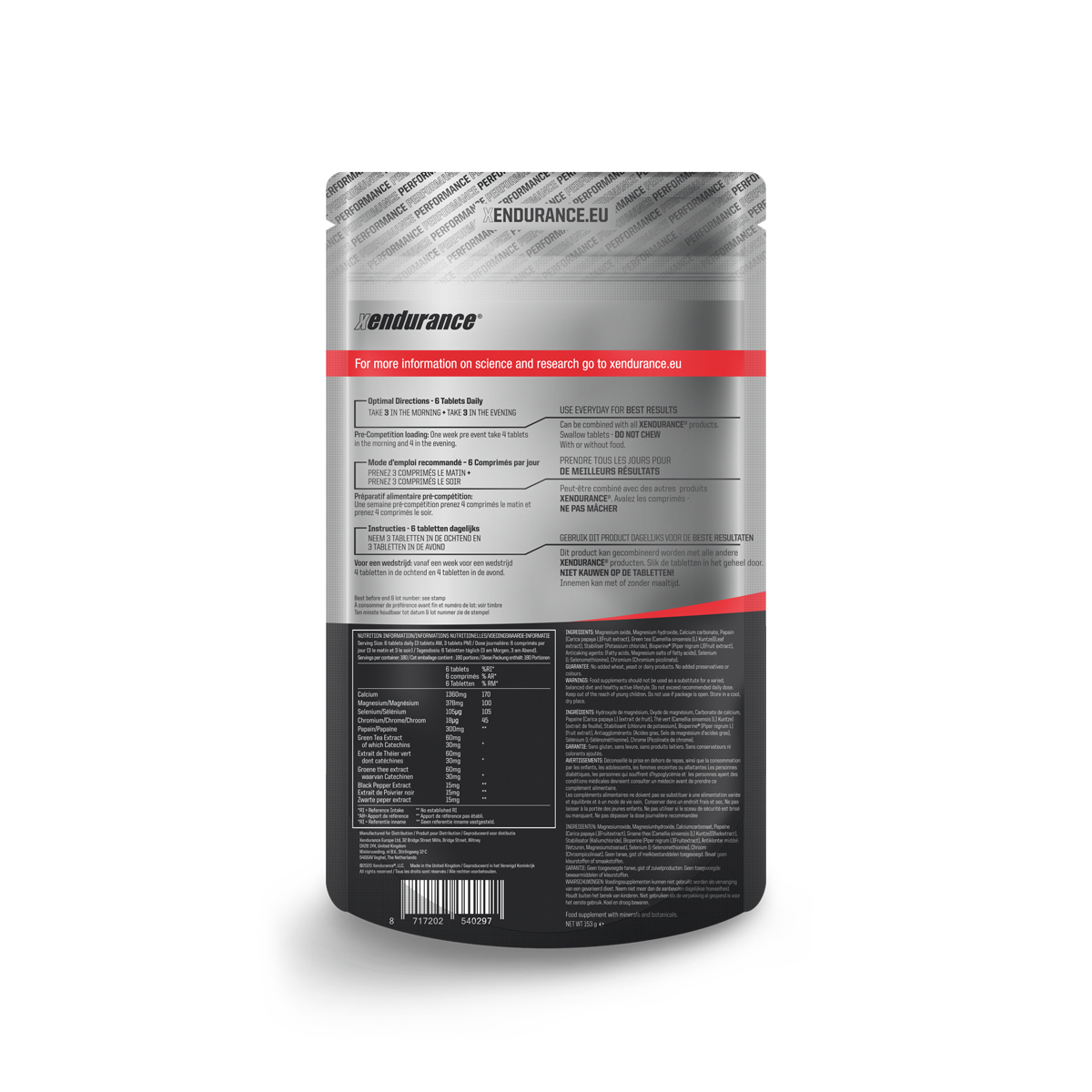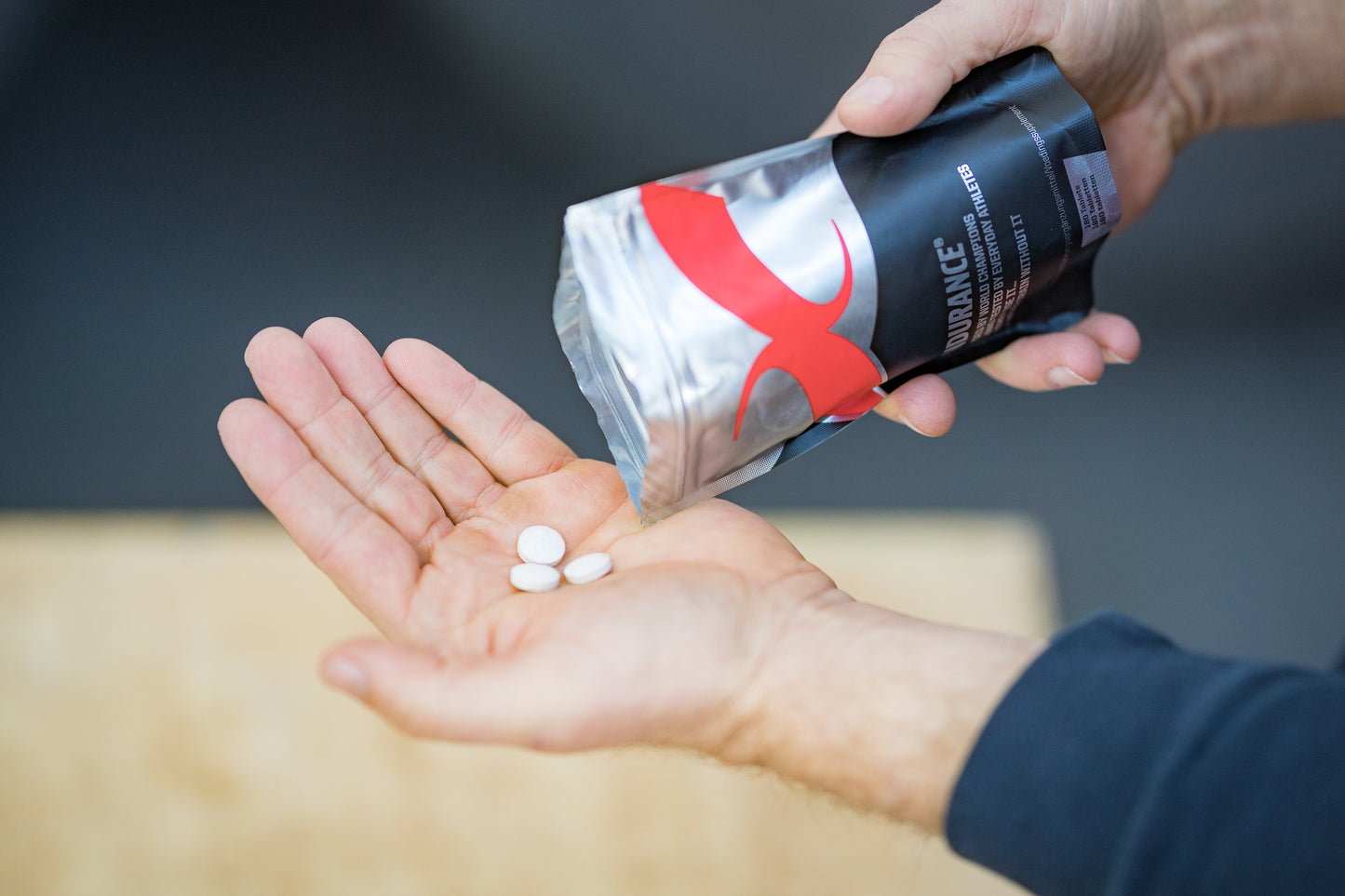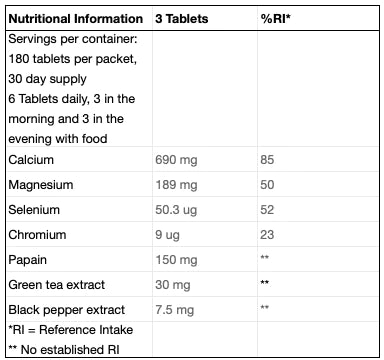By Sean Fontana
Racing season is finally back in full flow! After a period of no racing, some racing, to now, where you can find a competition every weekend, it’s hard to know where you should place your focus as you build up for your next marathon.
“There’s this big marathon here but there's this 10k here and there’s that half marathon the weekend before the marathon… Maybe I could do them all… could I? I don’t know if that’ll be too much?” - Almost every runner out there right now!
This is a conversation I feel most runners have in their head as they try to plan their next important marathon race. I personally feel racing is a great tool to use in the build up to your marathon as this can break up the monotony of the daily marathon grind, especially if you train solo most of your marathon block. However, you have to make sure the races facilitate the marathon build and the marathon itself. Prime example is top athletes like Eliud Kipchoge, Mo Farah, Jonny Mellor, Charlotte Purdue or Callum Hawkins from Great Britain. All British London marathon winners - you won’t see them do a lot of races within their specific marathon build. You may only see them race one 10km and one half marathon race within their marathon block. You won’t see them down your local ParkRun knocking out 5km personal bests every weekend. The reason for that is focusing on the bigger picture. Just like you, they will have races that they would love to do during the marathon build, however, know they may have to sacrifice one or two of those races to keep training volume high, not taper too many times within the block and not go too hard at the wrong times within their marathon prep. Over racing within the marathon block can lead to overtraining, injury and not peaking on race day. So it’s essential to make a race calendar plan and stick to it as best you can.
This is where having a coach help you throughout your marathon build can be extremely beneficial as the coach can see the marathon race and the preparation for the event from an objective view, whereas the athlete looks at their training and racing calendar from a subjective view and becomes overwhelmed at what races to do and not to do within their training block. A coach can help talk the athlete through the best approach to take with regards to the marathon build, what races to do and what races aren't needed within the programme.
“How long should my longest long run be leading up to my marathon?” - The famous question all coaches get asked
This is dependent on a few factors; Have you done a marathon before; what is the longest run you’ve done; how prone to injury are you; are you beginner, intermediate or advanced level with the marathon?
If you’ve run a marathon or walked/run a marathon before then there is scope to build the long run up to 24-26 miles/40-42km within the marathon block to get the legs prepared for the time spent on feet and know that you are able to go the distance. This should be done slower than marathon goal pace. However, if you’re training for your first marathon you may not be able to run the 24-26mile distance within your block as rushing the process could result in injury. I’ve had many athlete’s come to me never run before looking to run the London marathon this year and I have 6 months to get them ready for the event. I would say for this type of athlete anywhere from 16-20miles would be a fantastic achievement to run before the marathon event. You have to make sure you get to the start line healthy and in one piece because if you try to push too far too soon you could end up injured and not be able to do or enjoy the event come race day.
I know a lot of you are now planning your next marathon after running or knowing someone who’s run an autumn marathon this year as mass participation events are now well underway. I know the Berlin, Frankfurt and London marathons seem like a long way away at this moment in time but they will sneak up on you before you know it so it’s imperative that you start increasing your running volume incrementally to get your legs, body and mind to be robust come race day. If you want to know how to train and prepare properly for your marathon event then please have a look at my previous blog for Xendurance here with training session and fuelling tips - https://xendurance.eu/blogs/blog/top-5-tips-before-running-a-marathon
Wishing you all the best with your winter training.









